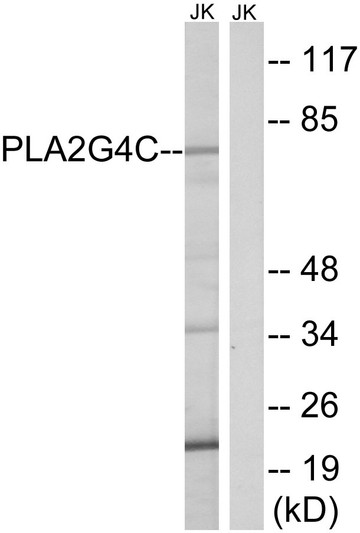| Post Translational Modifications | Cleaved by CAPN1 in a calcium-dependent manner. |
| Function | G protein-coupled receptor that plays a role in numerous physiological processes including regulation of energy metabolism, neurite outgrowth or cell migration. Promotes self-renewal and neuronal differentiation of neural progenitor cells through activation of the NOTCH and WNT/beta-catenin signaling pathways. Modulates the KAT5-dependent glucocorticoid receptor signaling by modulating KAT5 subcellular compartmentalisation. Also plays a role in the activation TGFBR1 in the absence of TGFBR2 by interfering with FKBP1A binding to TGFBR1, leading to induction of both canonical and non-canonical SMAD signaling pathways resulting in inhibition of proliferation or promotion of migration. C-terminal domain: Upon cleavage by CAPN1, functions as a scaffold in the nucleus for interacting partners such as GTF2I to promote FOS promoter activation. |
| Protein Name | Melatonin-Related ReceptorG Protein-Coupled Receptor 50H9 Cleaved Into - C-Terminal Domain |
| Database Links | |
| Cellular Localisation | Cell MembraneMulti-Pass Membrane ProteinPostsynaptic DensityC-Terminal Domain: Nucleus |
| Alternative Antibody Names | Anti-Melatonin-Related Receptor antibodyAnti-G Protein-Coupled Receptor 50 antibodyAnti-H9 Cleaved Into - C-Terminal Domain antibodyAnti-GPR50 antibody |
Information sourced from Uniprot.org










